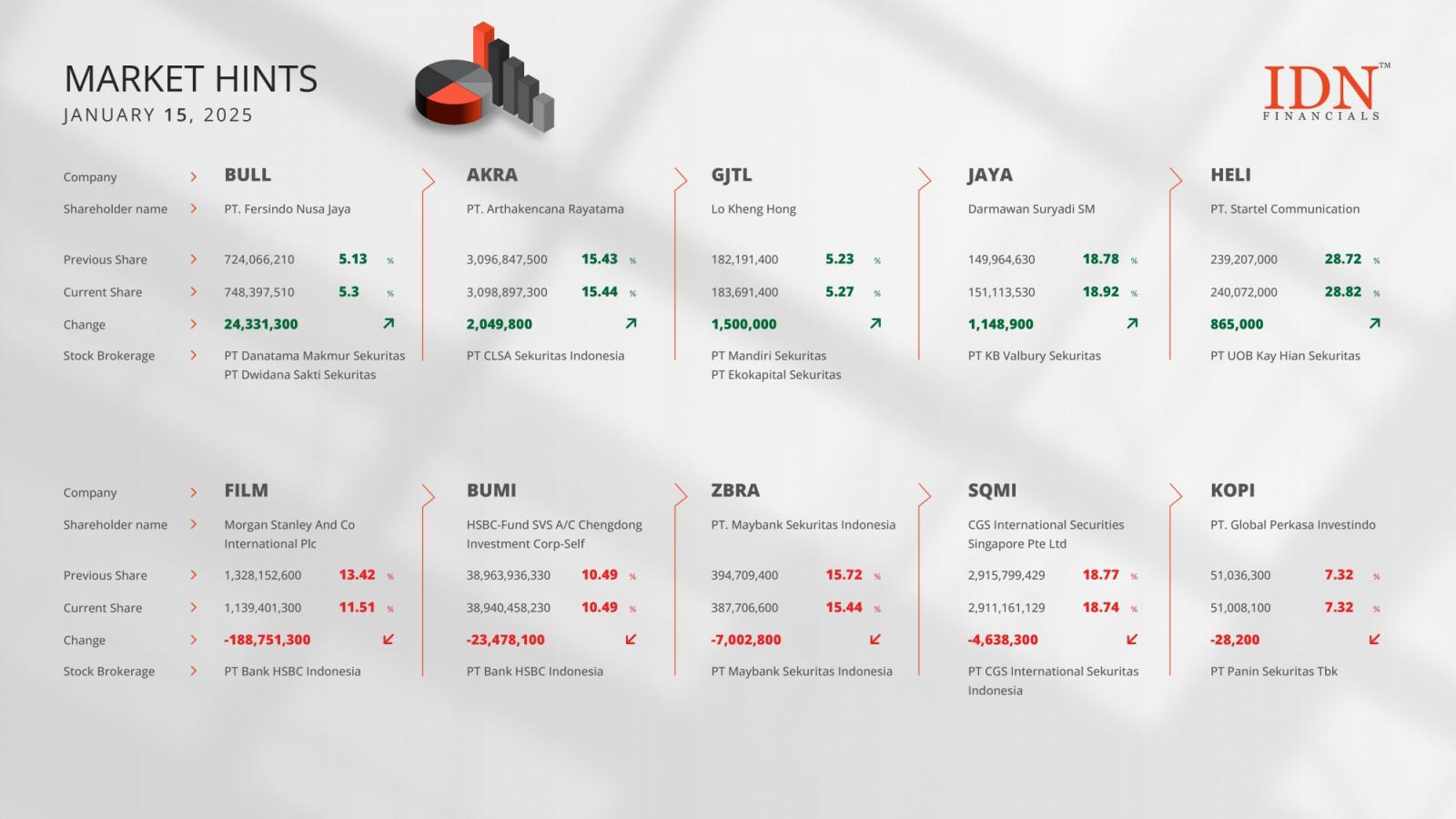HashKey Group has officially launched its new global trading platform, offering over 20 cryptocurrencies and targeting international users not served by HashKey Hong Kong.
According to the latest report by the Hong Kong Economic Journal, HashKey COO Livio Weng stated that the new platform has secured the digital asset business license in Bermuda to provide compliant trading services starting today.
👏@HashKey_Global our brand new regulated #digitalasset exchange, has officially launched!
🔗https://t.co/DcO9dUdwfV pic. .com/5ZNFrf3rkE
— HashKey Group (@HashKeyGroup) April 8, 2024
HashKey Targets 4x International Users
Through HashKey Global, the individual investors can trade more than 20 cryptos with stablecoins, including Tether (USDT) and USD Coin (USDC). The platform plans to introduce futures trading within the first quarter post its launch.
Weng said that due to the current regulatory framework in Hong Kong, only retail investors with designated banking accounts and institutional investors can trade on HashKey.
Though the exchange has already accumulated around 170,000 users, Weng estimated that the number of potential users interested in trading who do not have access to the reginal platform is four times of the current user count.
To realize the potential and expand the markets HashKey serves, the new global platform is positioned to target international users, excluding China Mainland, Hong Kong, the United States, and other countries and regions that have an active crypto ban.
Global Platform to Advance Regulation
As of now, individual investors in Hong Kong can only trade Bitcoin (BTC) and Ethereum (ETH). The Group submitted application to the Securities and Futures Commission (SFC) in 2023 for four additional assets but has not received any approval yet.
Weng believed that HashKey Global would primarily attract Chinese customers overseas and the Southeast Asian market. While the exchange manages a total asset of HK$2 billion at the moment, it could get quadrupled by the end of this year.
The global platform could function as a sandbox for the company to test new products and features, and the operation experience may eventually benefit the regulatory development back in Hong Kong.
Weng claimed that the SFC hesitates to greenlight futures trading because of its risks.
However, “assuming that it has been tested on the global platform for half a year to a year, like low multiples such as two or three times leverage Bitcoin and Ethereum,” Weng said that it would prompt the authority to reevaluate the possibility.





